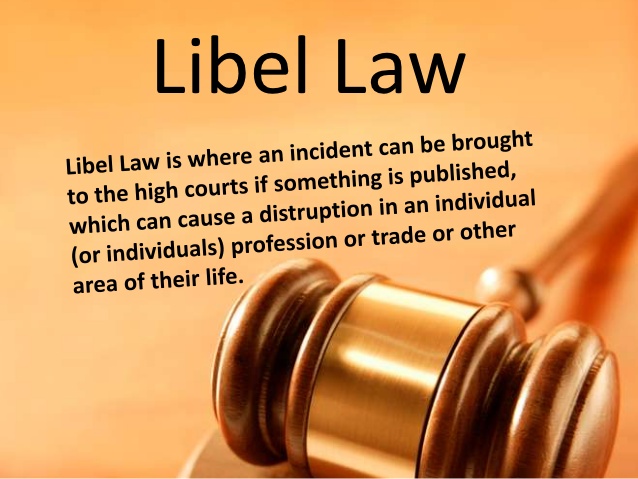
Why have so many men been accused in the media of sexual harassment as part of the #metoo movement? Yes, perhaps they are guilty of it, but I want to focus on why the press has been able to name these alleged harassers when they have not been formally charged with any crime.
The main reason could be US media law.
In other countries, the UK for example, “libel law” states that when someone sues, they don’t have to prove the story is wrong. The publisher – for example, the newspaper or website – has to prove their story is right.
This means, before publishing, the media needs a water-tight case. To accuse someone of sexual misconduct, they would normally need proof (such as a recording) or a witness prepared to testify in court.
In the US, it is difficult to sue for libel because of the first amendment to the US constitution, which protects freedom of speech and freedom of the press.
In the US, the person being defamed must prove the statement is false. And since suing a news outlet in America is a daunting task, Americans are less likely to sue, so US media are more likely to break the story.
Additionally, even if the story is false, the defamed party must also prove malice, which means a journalist purposefully lied, and published to story anyway knowing it was false.
Having said all this, journalists in the US must still go to great lengths to verify facts, because the defamed successfully sue in the US, the damages awarded are usually measure in the millions of dollars.
Assignment Week Nine:
Please visit the website for The Society of Professional Journalists. On the landing page, you will see a list of ethics case studies, ranging from a reporter tweeting about Kobe Bryant’s infidelity shortly after his death, to Jayson Blair — a journalist who fabricated information in his New York Times stories.
Please choose one of the case studies and familiarize yourself with its background. Then, in an op-ed piece about what you think about the ethical controversy. (An op-ed piece gets its name from originally having appeared opposite the editorial page in a newspaper. Today, the term is used more widely to represent a column that contains strong, informed, and focused opinion of the writer on an issue of relevance to a targeted audience).
Guidelines:
- Create a new page, title it “Ethics Case Study” and add it to your drop down menu.
- You do not need to summarize the case study. I am familiar with all of them.
- Clearly indicate in the first paragraph, the position you are taking. It is acceptable to use “I” and “you” in an op-ed, but please do so sparingly.
- Make your point as to what you think about the ethical controversy with making strong points supported with logic and facts. Feel free to use some of the questions that you will see at the end of the case study to prompt your writing.
- Avoid providing examples in your writing.
- Your article should be approximately 400 – 500 words.
- Finally, please do not forget to screenshot your work and submit it on Blackboard by Sunday at 11:59 PM.
